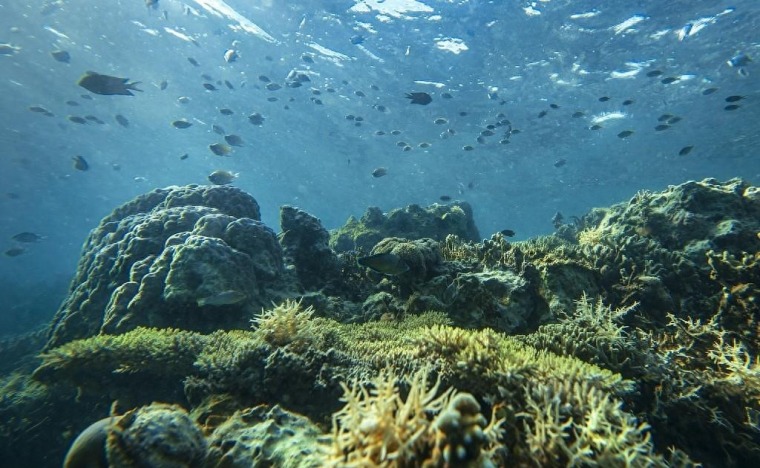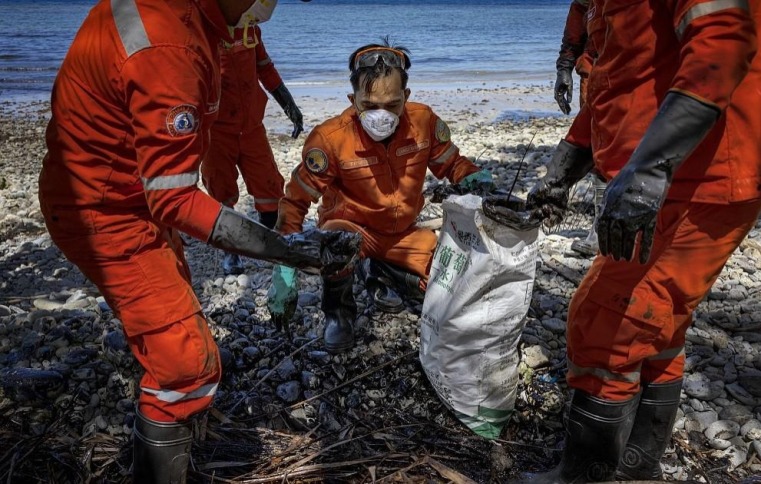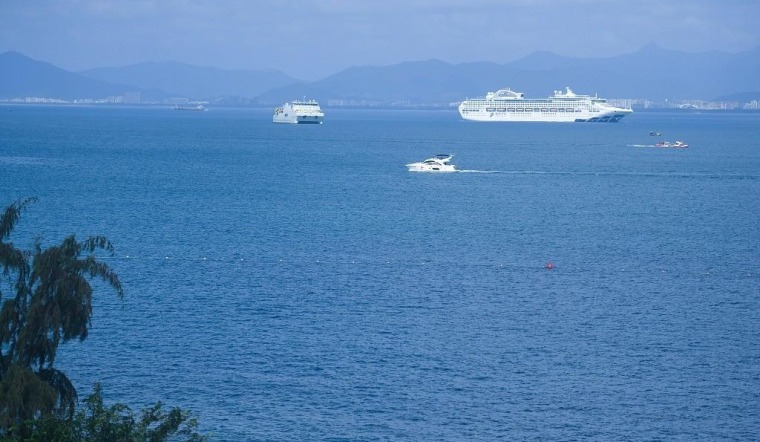Enhancing Cooperation in Marine Environmental Protection in the South China Sea
Marine environmental protection is an integral component of ocean governance. Numerous international treaties concerning maritime affairs, including the United Nations Convention on the Law of the Sea (UNCLOS), have established a series of regulations regarding marine environmental protection. Additionally, many rules relevant to this issue are found within general international law, including customary international law. The South China Sea is a shared homeland for China and ASEAN countries.
According to Article 6 of the Declaration on the Conduct of Parties in the South China Sea (referred to as the Declaration), relevant parties are encouraged to cooperate in marine environmental protection before the comprehensive and permanent resolution of disputes over territorial sovereignty and maritime jurisdiction related to islands and reefs in the South China Sea.
Over the past two decades, China and ASEAN countries have worked together toward the goal of protecting the marine environment and conserving biological resources in the South China Sea. They have established platforms, mechanisms, achieved results, and demonstrated effectiveness in efforts to curb the rapid deterioration of the South China Sea’s ecosystem and biodiversity. These endeavors have played a crucial role in facilitating functional cooperation among coastal countries in the regional marine environmental governance field, paving the way for the mitigation of disputes and fostering trust among relevant parties.
Through these collaborative practices, we can hear the voices and echoes of coastal countries along the South China Sea calling for deeper regional cooperation in marine environmental protection and fisheries resource conservation. Moreover, we can perceive the strong grassroots foundation and increasingly urgent practical needs for translating consensus into tangible actions between China and ASEAN countries.

However, the cooperative framework for environmental protection in the South China Sea under the Declaration is not always smooth sailing.
The complex and unresolved territorial and maritime jurisdiction disputes in the South China Sea, external interference, and provocations from certain parties have occasionally escalated maritime frictions. The zero-sum game mentality and pan-security trend have also compounded the challenges in the South China Sea. These factors contribute to the insufficient stability of cooperation in less sensitive maritime domains.
Of course, political and policy influences are just one aspect of the issue; the lack of capabilities in marine environmental protection in some countries also hinders their ability to deepen regional cooperation in the South China Sea.
In terms of resource conservation, a report by the Asia Foundation once highlighted that approximately 64% of Southeast Asia’s fisheries are at a moderate to high risk of overfishing, with the Philippines being one of the most severely affected ASEAN countries.
Apart from overfishing, destructive fishing methods such as the use of sodium cyanide to poison and stun fish, explosives to blast fish underwater, and bottom trawling through seagrass beds or coral reefs have exacerbated the marine biodiversity crisis in the Philippines.
Regarding marine pollution, recent reports from Asian news sources indicate that the Philippines is virtually unparalleled in dumping plastic waste into the sea, with limited avenues for remediation.
Over 20,000 square kilometers of marine areas in the Coral Triangle alone suffer from pollution. According to a 2021 report by Oxford University’s Our World in Data, the Philippines contributes one-third of the ocean plastic from Asian rivers globally, which constitutes 80% of the global amount. The International Criminal Police Organization (Interpol) has also noted in its 30 Days at Sea operation report targeting maritime pollution crimes that the Philippines is heavily polluting coastal waters with agricultural waste dumping.
In the realm of oil spill prevention and control, regional countries face a common challenge and urgently need to enhance disposal capabilities. Last February, an oil tanker sank near the island of Mindoro in the Philippines, leaking around 800,000 liters of industrial oil into the sea. Oil pollution was detected in coastal waters of over 60 villages, with coastlines covered in black sludge.

Marine scientists from the University of the Philippines stated that approximately 360 square kilometers of coral reefs, mangroves, and seagrass beds were affected by oil pollution, with recovery expected to take a considerable amount of time. Despite the numerous commercial and fishing vessels traversing the South China Sea annually, regional countries have yet to establish a scientifically sound and efficient mechanism for oil spill prevention and coordination, as well as corresponding emergency response plans.
Should a similar incident occur in the South China Sea, the potential impact on marine environments and ecosystem destruction would be equally devastating.
The fluidity and interconnectedness of the oceans dictate that no country can tackle marine environmental governance issues alone, nor can any country thrive in isolation.
As the largest coastal country in the South China Sea, China’s efforts to protect the marine environment have yielded significant returns over the years.
According to the report on the ecological environment of China’s oceans released by the Ministry of Ecology and Environment, in 2022, the area of the South China Sea that did not meet Class I seawater quality standards was 9,540 square kilometers, a decrease of 2,120 square kilometers compared to the previous year. The marine oil and gas areas of the South China Sea and adjacent waters all meet Class I seawater quality standards. Monitoring of the coral reefs in Xisha Qundao shows nearly 50 species of live corals, with a coral coverage of 19.6% and nearly 120 species of reef fish, indicating a healthy coral reef ecosystem.

As a guardian of regional peace and stability, China has consistently maintained strategic composure in the face of the turbulent international situation and fluctuating regional dynamics. While safeguarding its legitimate rights and interests in the South China Sea, China has persistently promoted cooperation in less sensitive areas.
Even when the Marcos administration of the Philippines began to show speculative tendencies in its South China Sea policy and displayed signs of provocation last year, China remained patient, expressed goodwill, made good suggestions, and offered cooperative proposals aligned with the Philippines’ urgent needs in areas such as fisheries, marine environmental protection, and plastic waste management. China’s efforts can be described as sincere and benevolent.
Any person with a shred of conscience who has witnessed the plastic waste piled up like islands on the shores of Manila Bay, the oil-water mixture seeping into the coast of Mindoro Island, or the coral reefs in the Kalayaan Islands bleached years ago due to cyanide poisoning would undoubtedly feel profound sorrow. These scenes silently remind the world that only a clean and beautiful South China Sea will truly benefit all parties and be a legacy for future generations.
(Author: Ding Duo, Deputy Director and Associate Researcher of Research Centre for Oceans Law and Policy in the National Institute for South China Sea Studies.)














